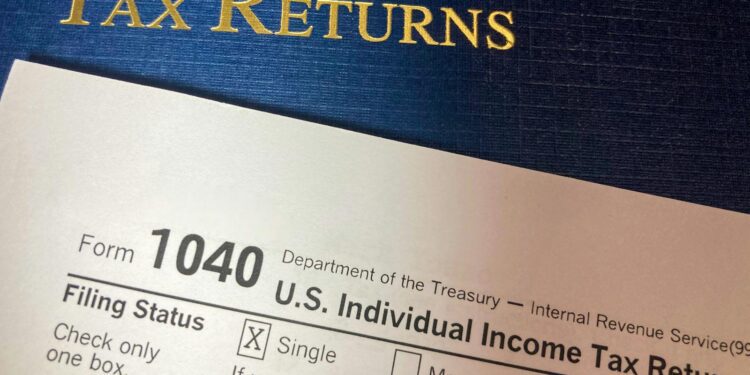The Internal Revenue Service (IRS) has declared a one-year postponement for the earliest possible effective date of certain proposed changes concerning required minimum distribution (RMD) mandates. The revised effective date is now set for 2026, shifting from the originally planned 2025 distribution calendar year. RMD rules dictate when participants and beneficiaries must take distributions from tax-deferred retirement accounts annually to avoid incurring tax penalties.
In July 2024, the IRS released a Final Rule that encompassed modifications originally proposed in February 2022, along with further changes implemented in December 2022 as part of SECURE 2.0.
This delay specifically relates to elements outlined in the Proposed Rule for 2024 and does not alter the current regulations established in the Final Rule.
IRS delays changes to RMD regulations
The impacted sections of the 2024 Proposed Rule consist of:
- Section 1.401(a)(9)-4: Proposed guidelines concerning the successor beneficiary of a surviving spouse.
- Section 1.401(a)(9)-5: Proposed guidelines for defined contribution plans, which include the spousal option to calculate RMDs using the Uniform Lifetime Table, the treatment of distributions from Roth accounts, corrective distributions, and the excise tax concerning failures to meet RMD requirements.
- Section 1.401(a)(9)-6: Proposed guidelines addressing exceptions to qualified domestic relations order regulations for qualified longevity annuity contracts.
- In the future, the finalization of the 2024 Proposed Rule could potentially push back its effective date beyond the 2026 distribution calendar year.
Meanwhile, plan sponsors are required to comply with a reasonable, good-faith interpretation of the law.


